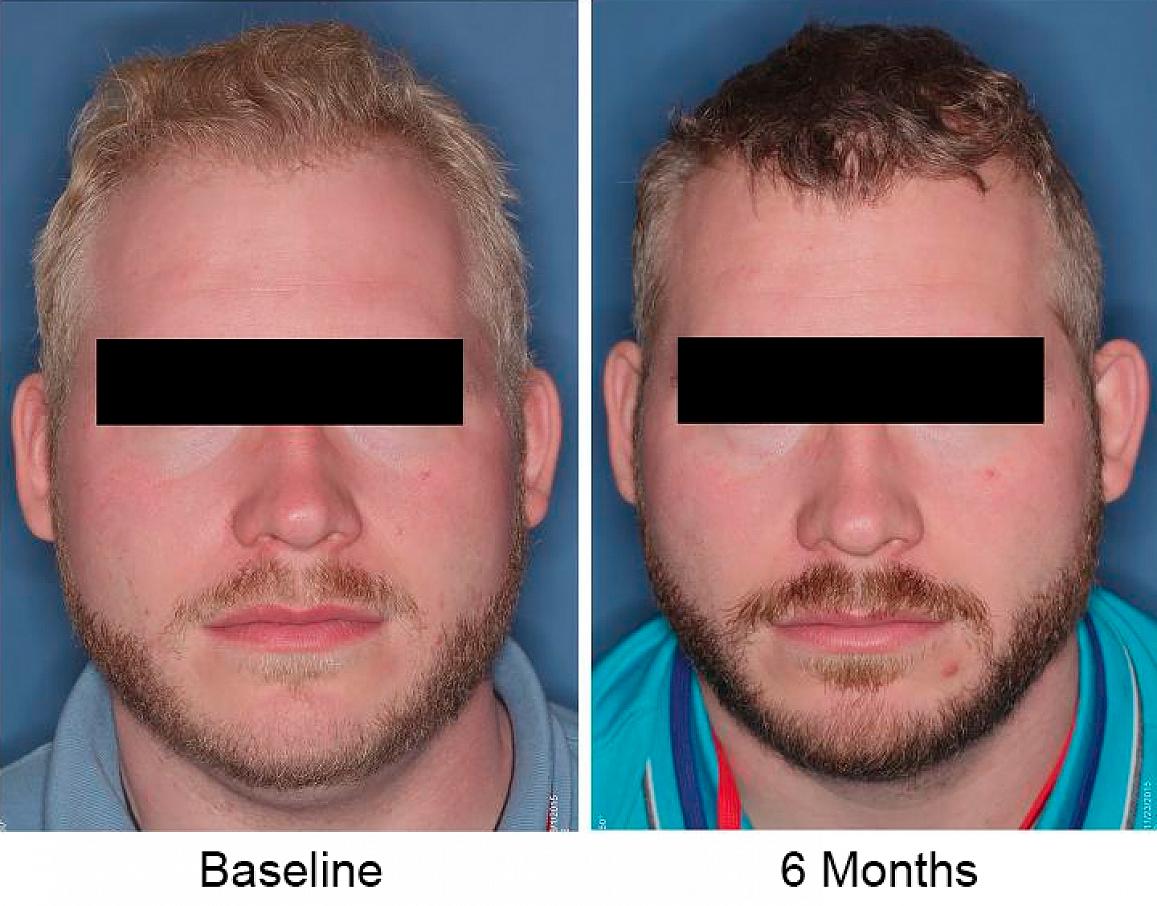Nitisinone increases melanin in people with albinism
IRP clinical study results suggest the drug could help protect skin and prevent vision problems
A small pilot clinical study at the National Eye Institute (NEI) suggests that the drug nitisinone increases melanin production in some people with oculocutaneous albinism type 1B (OCA-1B), a rare genetic disease that causes pale skin and hair and poor vision. Increased melanin could help protect people with the condition against the sun’s UV rays and promote the development of normal vision. Study results were published in JCI Insight. NEI is part of the National Institutes of Health (NIH).
“Because the greatest vision problems for people with albinism occur during the early development of the eye, our eventual goal is to work with infants,” said Brian Brooks, M.D., Ph.D., clinical director at NEI and lead author of the study. “The purpose of this pilot study was to explore whether nitisinone is safe and whether we could pick up a signal that the drug works.”

Study participant has darker hair after six months on nitisinone (right), compared to baseline (left).
This page was last updated on Friday, January 21, 2022